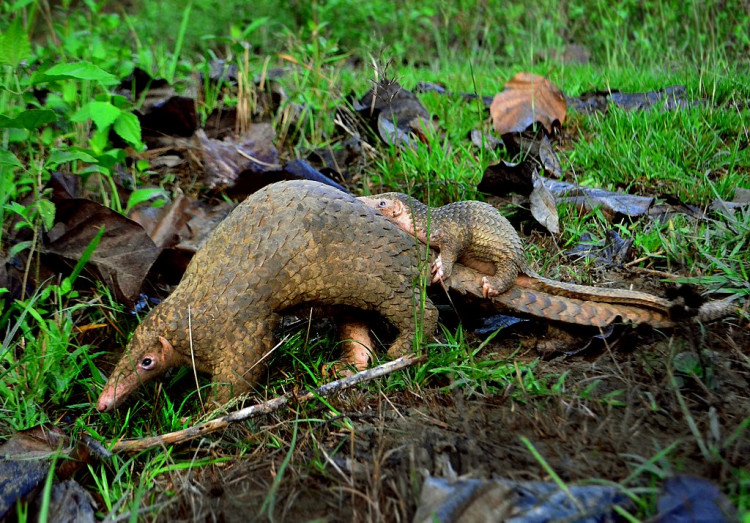When the coronavirus struck last year, governments closed their borders and heightened surveillance, disrupting wildlife trafficking networks.
However, a recent UN report has revealed an increase in illegal wildlife trade as countries relax COVID-19 restrictions.
Because it was widely assumed that the virus initially appeared in a Chinese market where wildlife was sold, demand for wildlife items such as pangolin scales, bear bile, and rhino horn plummeted sharply as people became more aware of zoonotic diseases.
However, these changes are only temporary, and Southeast Asia is likely to experience a long-term surge in wildlife trade and trafficking, according to the UN Office on Drugs and Crime (UNODC) in an internal assessment designed for regional law enforcement agencies and reviewed by Reuters.
According to Jeremy Douglas, UNODC's representative for Southeast Asia and Asia Pacific, the pandemic has provided authorities with an opportunity to do more to deter consumers and cut off traffickers' supply routes.
However, as the smugglers return, official seizures of illegal animal products have begun to rise, emphasizing the importance of maintaining tougher border controls.
Southeast Asia has historically been a hub for wildlife trafficking, as one of the world's most species-rich regions. Rhinos are slaughtered for their horns, crocodiles are farmed for their skin, otters and songbirds are kept as pets, and rosewood is illegally cut.
Southeast Asian countries "function as source, consumer, and entrepôts for wildlife coming from within the region as well as the rest of the world," according to Traffic, a wildlife NGO.
Illicit animal products are in considerable demand in nations such as China, Myanmar, and Thailand, where they are used in traditional medicine or consumed directly.
Some governments have taken advantage of the pandemic to enact much-needed wildlife trading bans. In early 2020, as the coronavirus swept the globe, China enacted an instant ban on the consumption of wild meat and some wildlife commerce, while Vietnam stepped up enforcement of its anti-trafficking laws in July of that year.
During the pandemic, wildlife hunting and the extraction of illegal animal products did not completely cease, however.
The UNODC discovered evidence of animal items being hoarded until prices and demand recover through interviews with wildlife traders and traffickers in difficult-to-police parts of nations along the Mekong River, such as Myanmar, Thailand, Laos, and China.
Subsistence hunting has also increased, according to park rangers in this and other regions of the world, as pandemic-related economic and job losses prompted people to turn to forests for survival.






